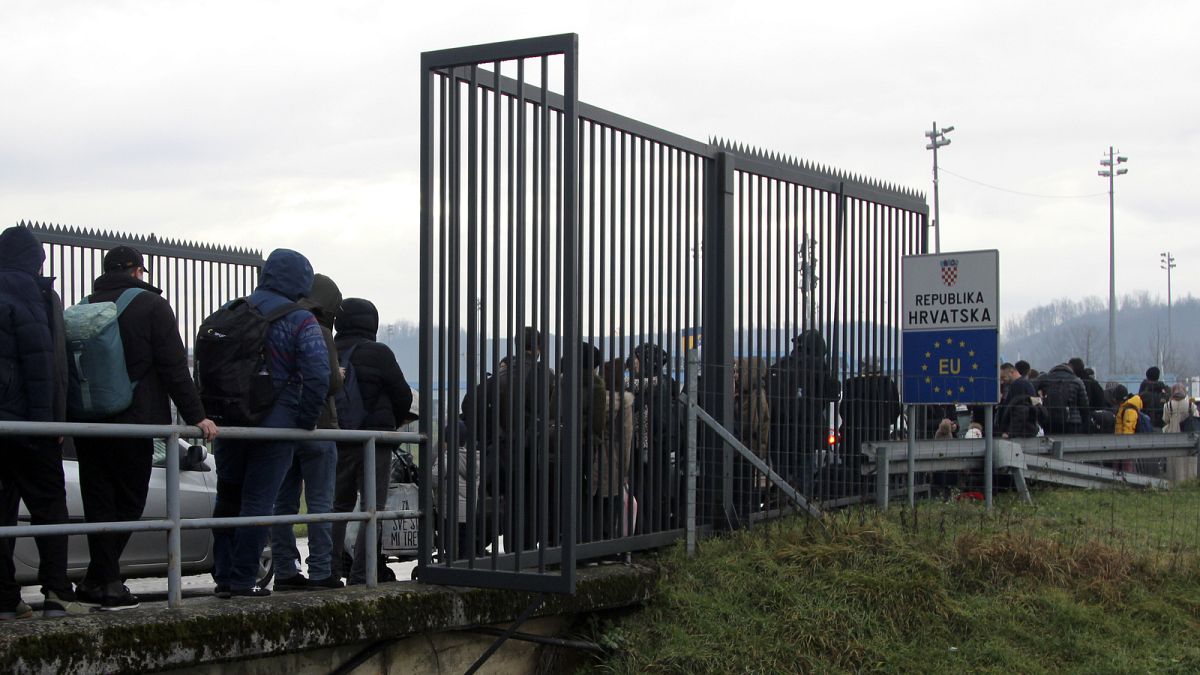The European Commission has proposed sharpening its visa suspension rules to address the “abuse” of visa-free travel in Europe.
The revised rules would give the EU more flexibility to temporarily suspend its visa-free travel schemes, including when it considers that third countries’ policies could lead to increased migrant arrivals to the EU.
Speaking on Wednesday, European Commission Vice-President Margaritis Schinas said that the EU’s visa-free travel scheme brings “huge benefits”, but that the bloc also needs to ensure its visa policy framework is not “misused” and that it has “the power to act when it is.”
The bloc fears that some of the sixty countries that have visa-free access to the European Union could be used as a transit hub for irregular migrants to enter the 27-country bloc.
“Last year we had around 150,000 asylum applications from citizens coming from visa-free countries, and of course this is huge. And this is of course not how visa-free travelling should be used,” the EU home affairs commissioner Ylva Johansson said.
The announcement came as the bloc grapples with a sharp increase in irregular arrivals, particularly in Mediterranean countries such as Italy and Greece.
On Wednesday, the EU executive also unveiled an “action plan” to tackle the increasing number of irregular migrants making the journey to Europe via the Eastern Mediterranean route, including reinforced border management and strengthened cooperation with countries of transit and origin.
The sharpened visa suspension rules also aim to tackle so-called “investor citizenship” schemes offered by third countries as a means of circumventing the EU’s visa policy.
“We have countries that have a visa-free regime with the EU that are selling passports, citizenships, quite cheap to people that are a security risk or a potential security risk to the European Union,” Johansson said.
Commissioners Schinas and Johansson also reiterated on Wednesday the importance of ensuring the swift return of irregular migrants that pose a “security risk” to countries of transit or origin.
Their comments came two days after Abdelsalem L., who was residing in Belgium irregularly and who had been ordered to return to his country of origin, killed two Swedish nationals in an act of terrorism in Brussels.
“We need to step up our efforts to be able to send people back to their country of origin,” Johansson said.
“There will be no migration and asylum policy in the European Union without a meaningful returns culture,” Commissioner Schinas said.
“Europe will always continue to be a place of asylum for those who flee war, persecution and discrimination. But those who have no reason to be under the protection of the European Union cannot stay with us,” he added.

